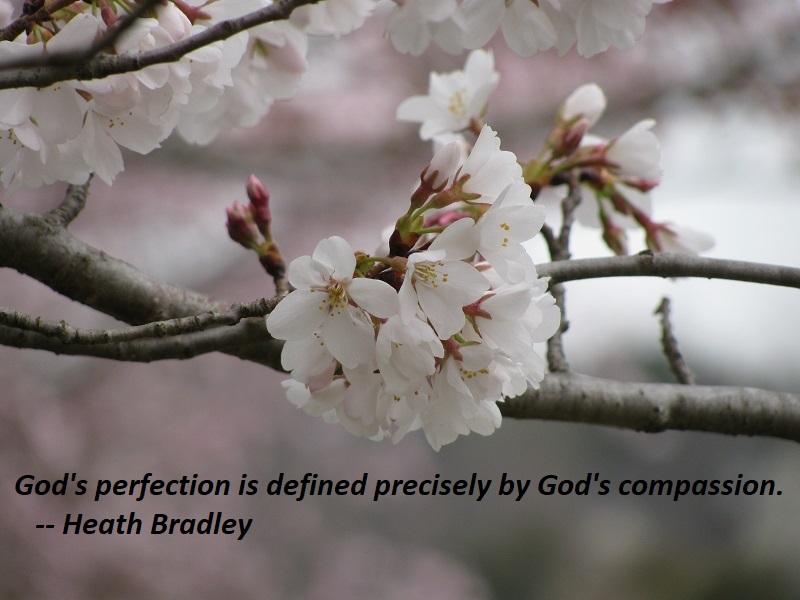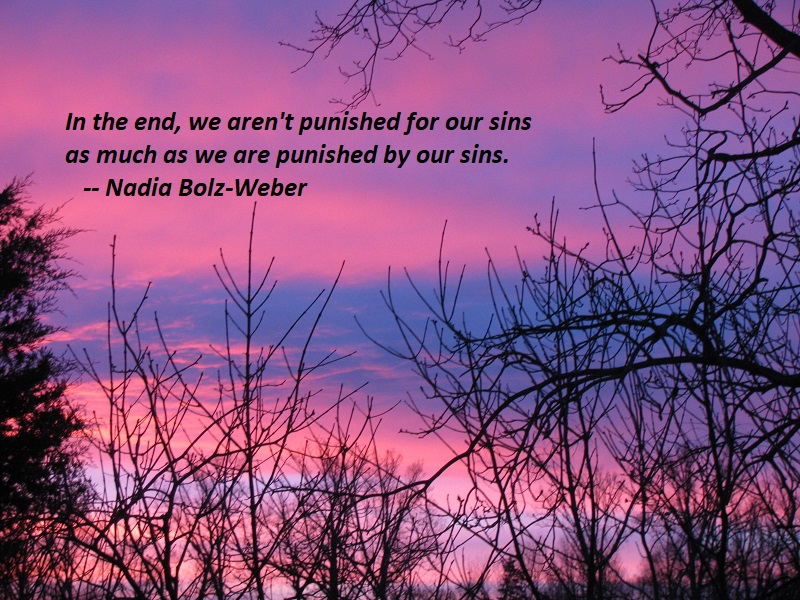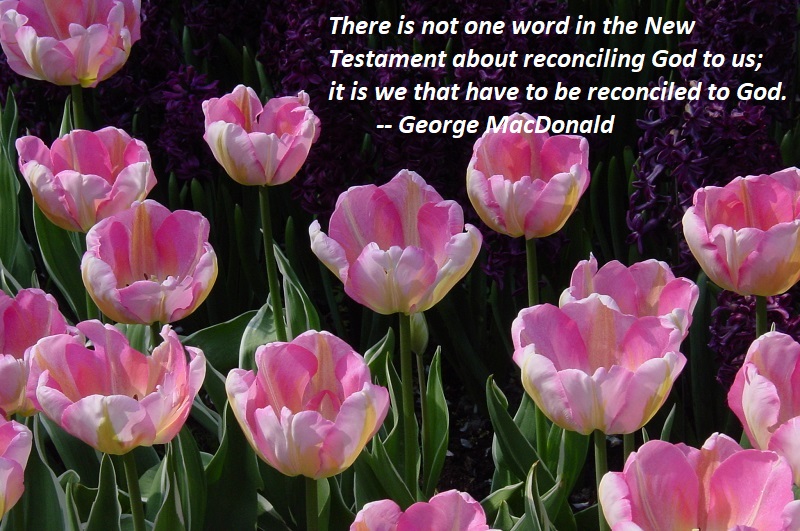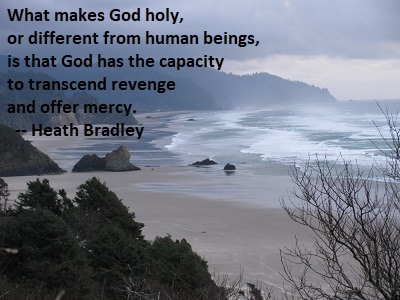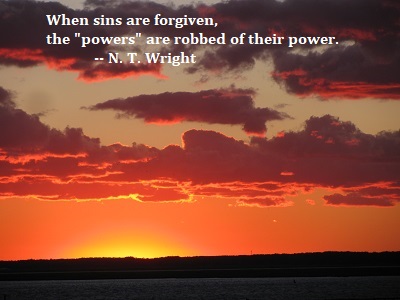Partnering Prayer
Prayer is a primary means for partnership with God. Prayer is an act of willing participation in the mediation of God’s love. Our prayers somehow play a role in the restoration of all things. Thus, prayer truly matters since God is looking for willing partners who will welcome his healing love into this broken world.
Partnering prayer is also an act of yielding and surrender. In spite of some popular practices of prayer as militant proclamations that ‘pull down heaven,’ Christlike prayer is kenotic, cruciform and willing — not coercive, demanding or manipulative. Parnering prayer listens first to seek God’s will, rather than attempting to impose our will in the world in his name. Partnering prayer is founded and funded in the mercies of God, and is therefore best directed at invoking those ever-ready mercies. How or in what form God chooses to deliver his mercies is finally his domain. We can make requests and petitions, but delivering our demands and dictates seems to me out of order.
— Bradley Jersak, A More Christlike God, p. 156-157
[Photo: South Riding, Virginia, April 6, 2018]

